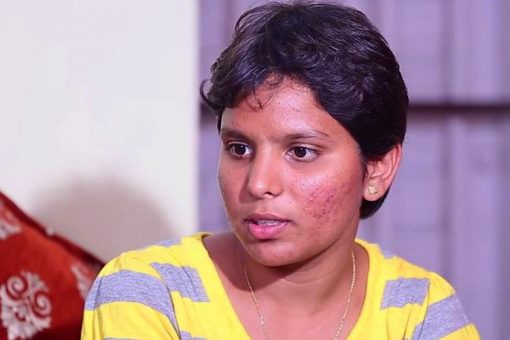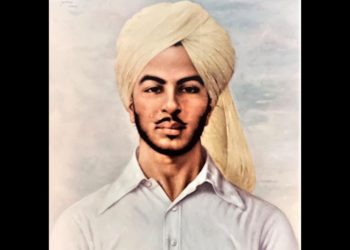
The Supreme Court passed a historic judgement on 27 February 2018, stating that two consenting adults have the right to marry each other and it is illegal for any third party to prevent the marriage. What makes this significant is that, before this, there wasn’t any separate law against honour crimes, specifically, honour killing. The Supreme Court bench, comprising CJI Dipak Misra, Justice A M Khanwilkar, and Justice D Y Chandrachud, further observed, “Any kind of torture or torment or ill-treatment in the name of honour that tantamount to atrophy of choice of an individual relating to love and marriage by any assembly, whatsoever nomenclature it assumes, is illegal and cannot be allowed a moment of existence.”
Every year, multiple cases of honour killings are reported in the country. One such case was Shankar and Kausalya’s.
On 13 March 2016, an unsuspecting couple was hacked in broad daylight by an armed gang. The husband, Shankar, succumbed to his injuries. But the wife, Kausalya, survived. As details of the case emerged, it became clear that this was a case of honour killing. Kausalya eloped with Shankar and married him against her parents’ wishes. She belonged to the Thevar caste, a dominant community. Shankar, on the other hand, was a Dalit. According to her parents, she had married “below” her caste, thus polluting it.
Despite the terrible personal tragedy that Kausalya suffered, she filed a case against the perpetrators of the attack. Eleven people were arrested; her parents, uncle, some relatives, and others. She was the prime witness against them.
Watch the documentary below to know more about the developments of the case and how Kausalya became an anti-case activist.
You can read the entire judgement here.
Read the first part of the series here




